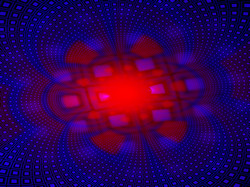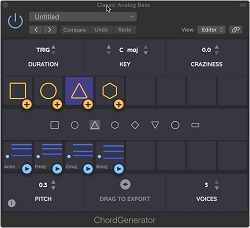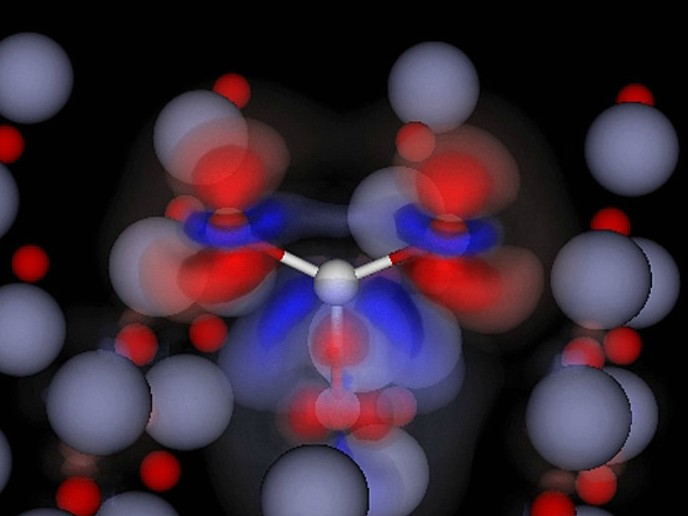A complexity theorist's view of quantum computing
To date, there has been some success in building quantum computers with a small number of quantum bits (qubits). As there are many issues to overcome before a large-scale quantum computer could become a reality, an obvious question comes to mind: Can such a machine be built? A computational complexity theorist considered a different question: if such a machine is built, will it help to solve computational problems that conventional machines cannot? The focus of the EU-funded Marie Curie fellowship TCSTURKEY (Analysis of Boolean functions for algorithms and complexity) was the limitations of quantum computers. Together with an expert in theoretical models based on quantum mechanics, the TCSTURKEY fellow explored closed time-like curves (CTCs) to gain valuable insights into quantum computation. These solutions to Einstein's field equations allow for time travel, which instinctively seems paradoxical. If CTCs exist, it would be possible to instantly perform large computations by computing the answer and sending it back to a time before they started. TCSTURKEY scientists envisioned a scenario in which conventional and quantum computers contain CTCs, and these CTCs contain classical bits and qubits. The number of CTC bits was progressively increased. However, there were no results showing that time-travelling quantum bits offer any advantage over time-travelling classical bits. Randomised computations with logarithmically increasing bits were equivalent to standard quantum computations. Next, the TCSTURKEY scientists' attention shifted to another essential element of quantum technologies, the task of characterising the state of a quantum system. They investigated how to handle the information resulting from the scaling of the number of parameters describing quantum many-body states. The boundary where classical methods fail to control large, highly accessible quantum systems can be pushed if non-trivial structural information on these systems is utilised. The TCSTURKEY scientists see both potential and need to follow this line of research beyond the end of the project.






